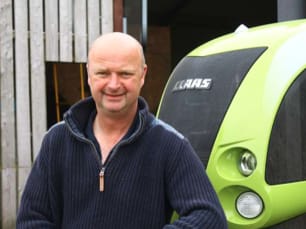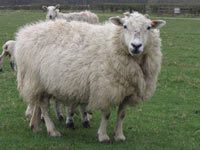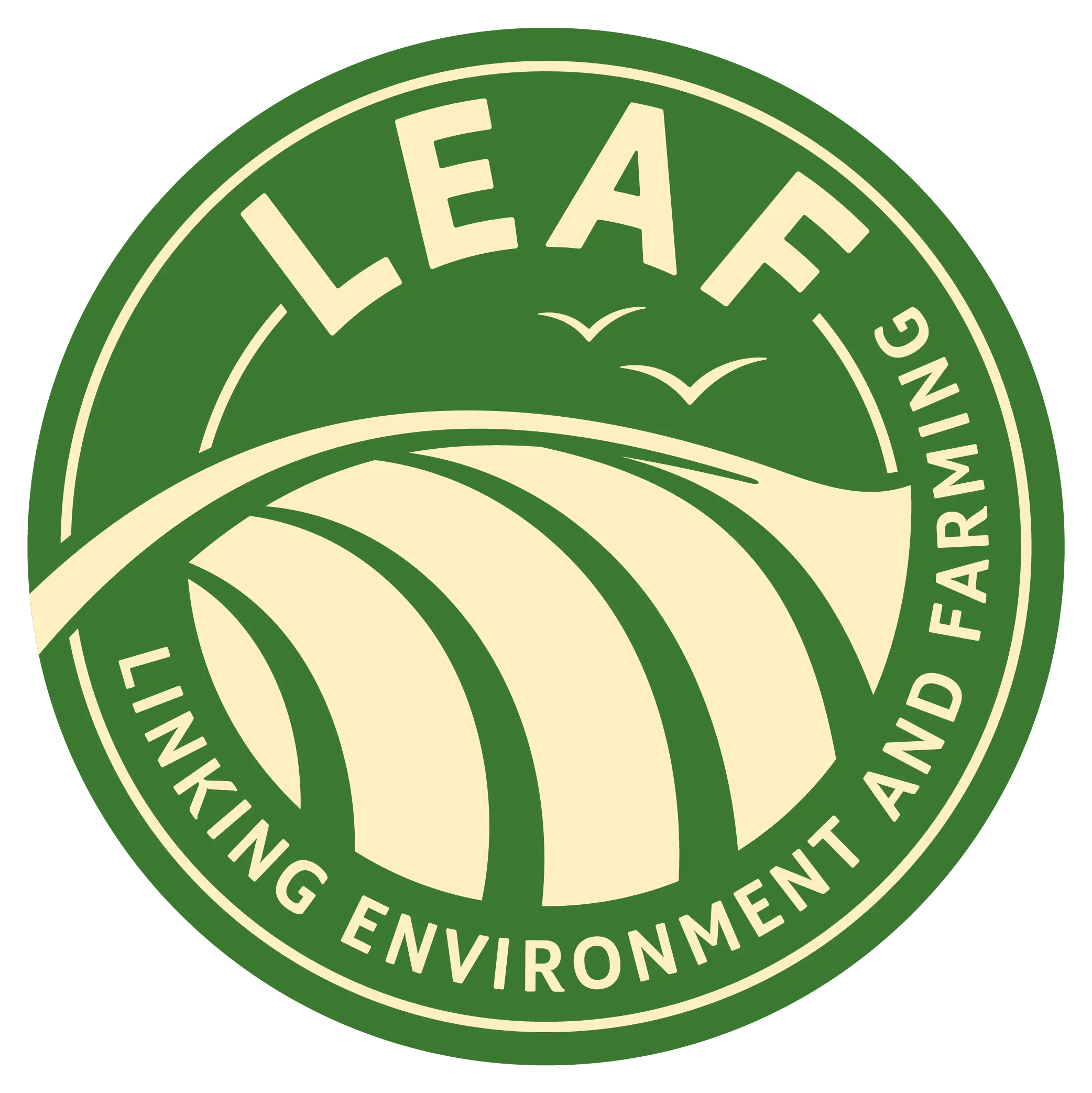- About Integrated Farm Management
- LEAF Network
- Resources
- LEAF Speak Out Toolkit
- LEAF Sustainable Farming Review
- Training
- LEAF Endorsed Advisors & Consultants
- Our Projects & Partnerships
- Nature Based Solutions to Climate Change
- Beacons of Excellence
- Resilient & Ready
- Accelerating & Demonstrating the Journey to Net-Zero
- About LEAF Marque
- The LEAF Marque Standard
- Setting the Standard
- Our impact
- Your Feedback
- Working with Certification Bodies
- LEAF Marque Champions
- Benchmarking & Equivalence
- For Farmers & Growers
- Public Consultation
- Farmer & Grower Help Centre
- Claims & Labelling
- Documents & Downloads
- News & Notices
- Training
- For Teachers & Educators
- What we offer
- Our Competitions
- Classroom activities and resources
- Case Studies
- For Farmers & Businesses
- How to get involved
- Hosting farm visits
- Accredited training
- Activity and Networking Days
- Seminars & Workshops
- About Us
- Membership
- Our Impact
- LEAF Education Specialists
- Contact Us
- Our Research
Renner Farming
North Bellshill and Amerside Hill are mixed farms located between Berwick-upon-Tweed and Alnwick, bordering the edge of the spectacular Northumberland National Park.
Farmer: John Renner
Address: North Bellshill Farm, Belford, Northumberland, NE70 7HP
Member since 2003 and LEAF Demonstration Farm since 2005

The Farm
North Bellshill and Amerside Hill are mixed farms located between Berwick-upon-Tweed and Alnwick, bordering the edge of Northumberland National Park. The farms extend to 202 hectares and focus on livestock farming including a herd of Aberdeen Angus suckler cows and Texel and Suffolk ewes. The Renner family has farmed in this area for over five hundred years and has a strong tradition of combining environmental care with sound, practical farming that runs right through the business.
Good record keeping is central to the livestock enterprise. A flock and herd health plan was set up a couple of years ago in conjunction with the vet. This simple management calendar helps to address any health problems and identify potential problem areas. The sheep graze the permanent pasture and are brought indoors four weeks prior to lambing to a well ventilated shed where they have plenty of access to light and space. The sheep are fed according to their requirements and the number of lambs they carry, using information from scanning. The ewes are split up into lambing groups; singles, twins and triplets and great care is taken to ensure there is more adequate feeding area for each ewe. The cow herd is ever expanding and is made up of a mixture of traditional breeds. All replacements are home bred and the terminal sires are chosen on their EBV’s, ease of calving being most important. Some of the prime lambs are sold to local restaurants and John is always seeking out other local markets. The farm runs a fully traceable system.Soil management and fertility is managed very carefully at Amerside Hill Farm with management techniques tailored to individual fields and rotations. Non-inversion tillage techniques are used wherever possible to maintain soil structure. Organic matter additions are also very important and the introduction of grass leys into the rotation has further encouraged the build-up of organic matter. John has even created his own grass mix.

Activities
The farm has conducted a range of positive environmental management projects under the countryside stewardship scheme including hedgerow regeneration, stonewalling and creation of an area of no nitrogen and limited grazing to provide a better balance of wildlife habitats. Grass margins have been established around all fields which act as a buffer preventing spray drift reaching hedge bottoms whilst providing feeding and hunting grounds for birds, small mammals and insects. Hedges are managed sensitively and cutting is carried out in rotation and outside the nesting season. Grey partridges, barn owls and lapwings are regular visitors to the farm and habitats are managed to ensure their continued survival. Great attention is given to resource protection and over six hectares of stream and riverbank have been fenced off and planted with traditional woodland. As well as protecting watercourses, these also create valuable wildlife corridors and diverse habitats.
The farm also has an education room and is involved in a number of learning initiatives with local schools.
Member only resources
Downloadable PDF of Practical measures for improving water quality
Visit this farm
Click here to arrange a visit to this LEAF Demonstration Farm.
